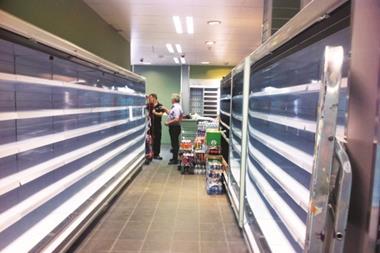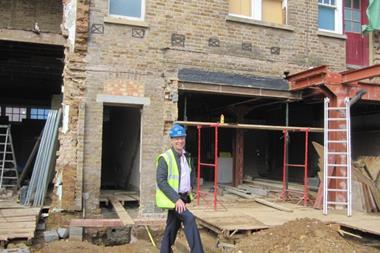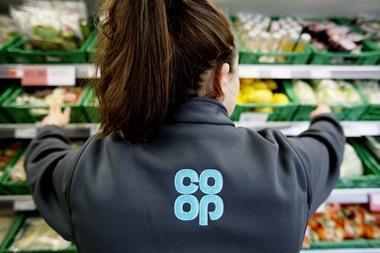Investment levels among multiple and independent convenience retailers are widening, according to the Association of Convenience Stores’ (ACS) investment tracker.
The investment tracker unearthed a mixed picture of the convenience sector in Britain, with a record amount invested over the past three months by multiple convenience retailers, amounting to £9,514 per store, but investment levels among independent retailers fell to its lowest since 2012.
James Lowman, ACS chief executive, said: “There is a widening gap between stores that are having to cut costs in their business to stay afloat, and those that have the capital to be able to invest in measures like full store refits and new technology and services in store. This is especially concerning as retailers that aren’t able to invest will struggle to stay competitive, missing out on opportunities to provide more fresh and chilled options to customers and capitalising on the growth of the food-to-go market.”
According to the tracker, just 13% of independent retailers have plans to invest in their store over the coming year, with the most common form of investment remaining refrigeration.
James added: “The convenience sector is facing an ever increasing cost base with the introduction of the National Living Wage, auto-enrolment pensions and uncertainty over business rates, and we believe that more can be done by central government and local authorities to incentivise investment and help smaller independent businesses to secure their long term future.”
The convenience sector overall generated over £37.5bn in sales over the last year and employs around 390,000 people. Over the last 12 months, convenience stores have invested almost £700m in their businesses. Investment levels are lowest in London, and highest in the South West.
Two-thirds of the independent stores who are investing are funding their own reserves, with just 8% going to the banks for funding.






















No comments yet